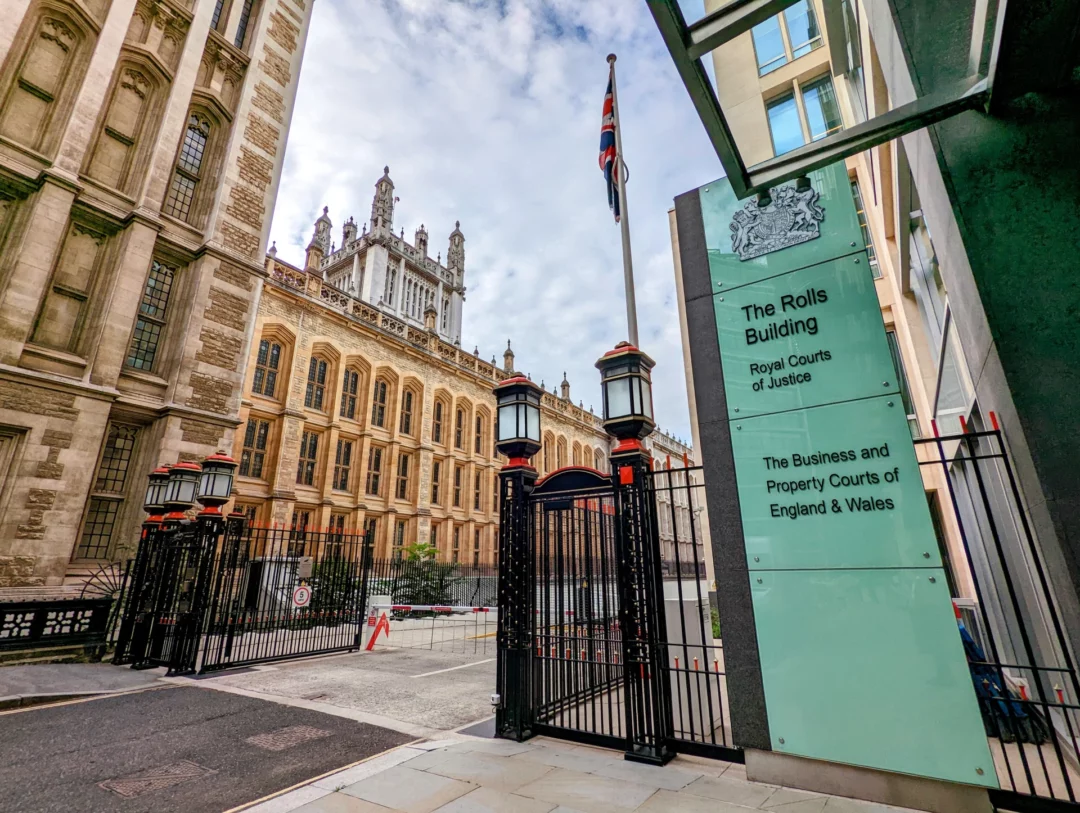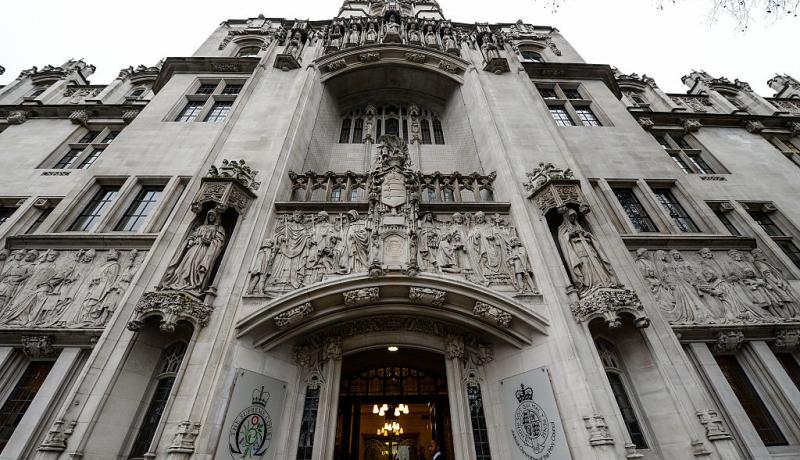
Quick Guide: s.994 Companies Act Unfair Prejudice Petitions
English law Unfair Prejudice Petitions offer a remedy for minority shareholders facing oppression by the majority within a company. Where the prospect of winding-up proves undesirable, section 994(1) of the Companies Act 2006 provides an alternative avenue for seeking redress. At LEXLAW, our expert company law team specialises in navigating the complexities of shareholder disputes and unfair prejudice claims.








